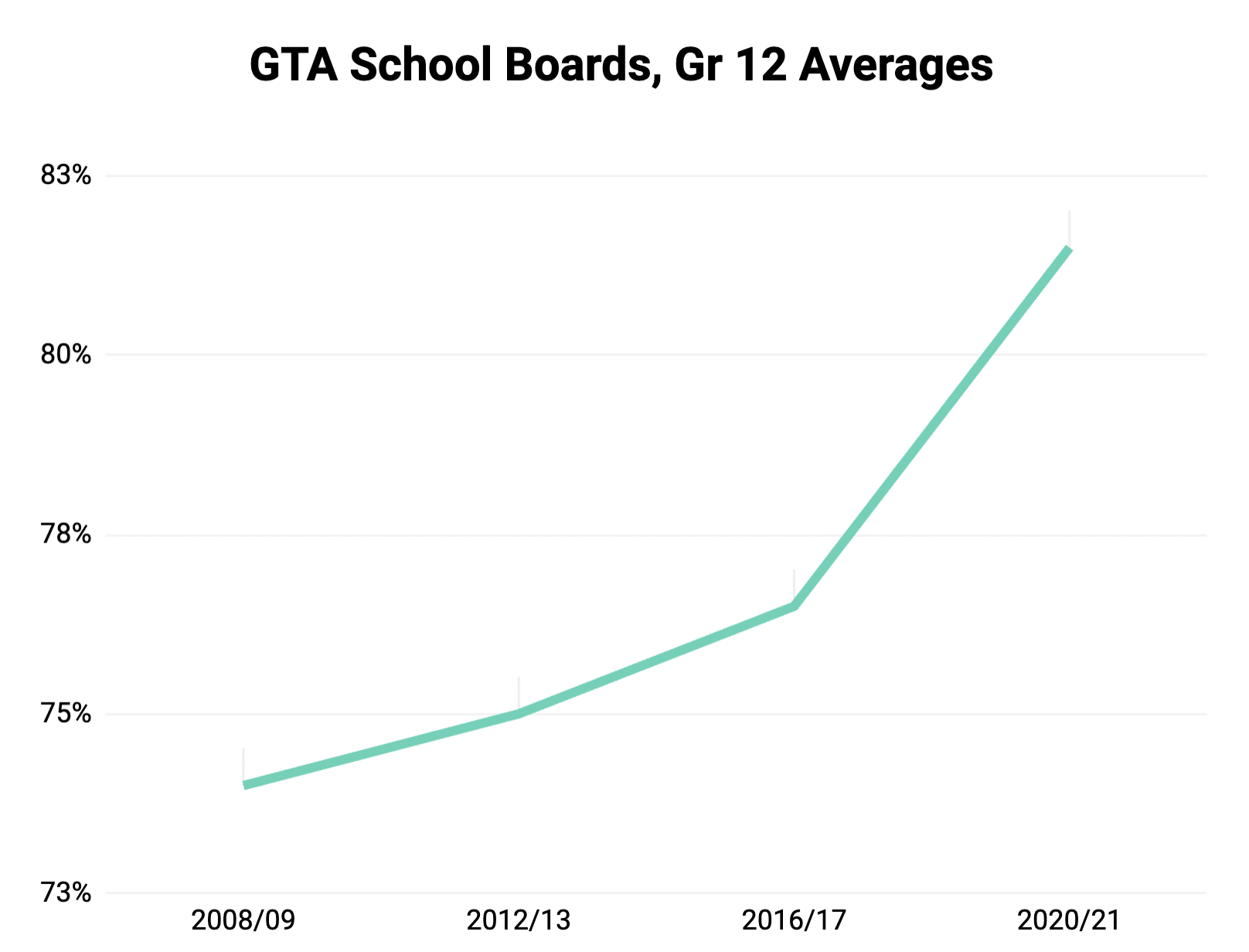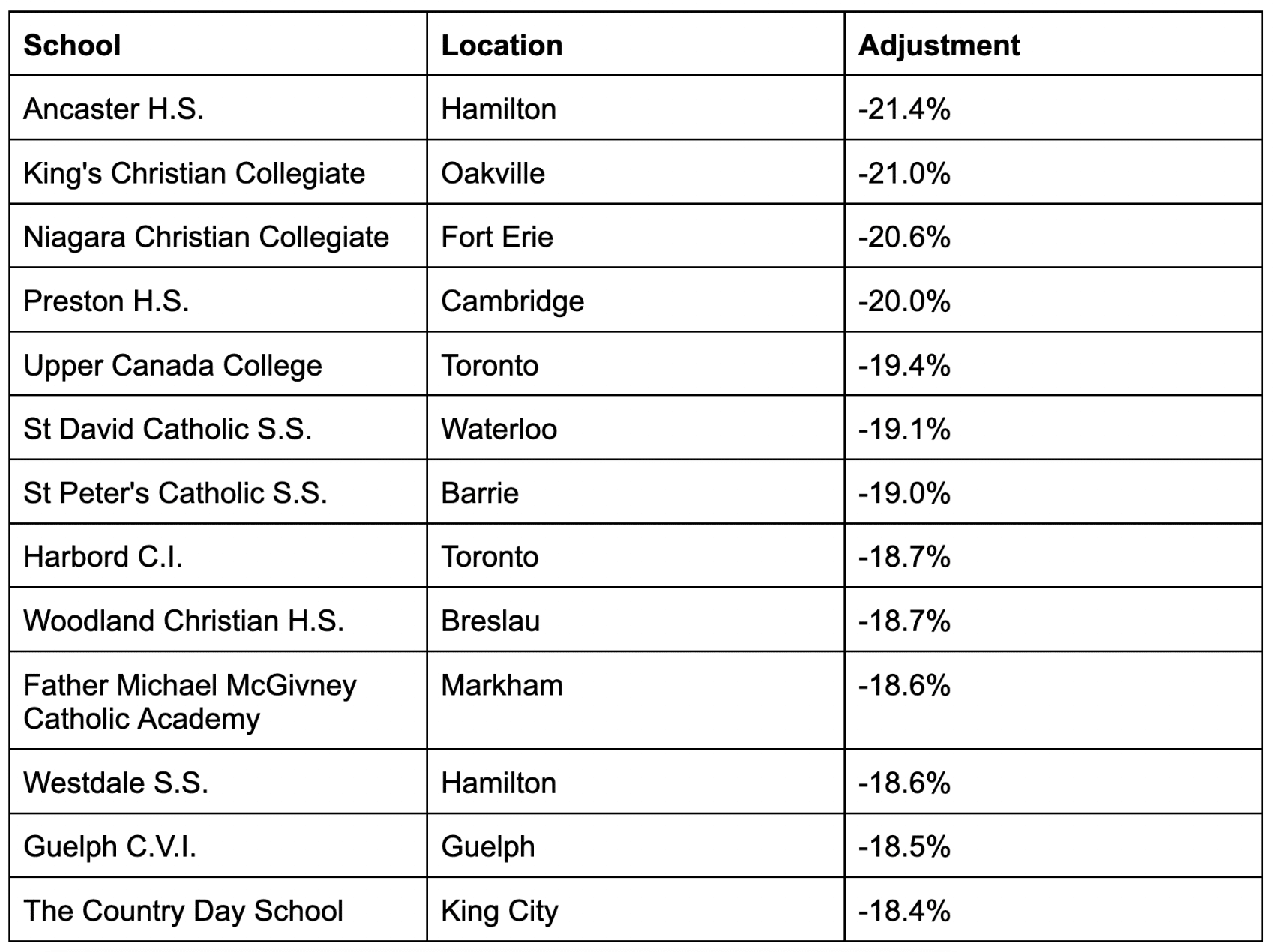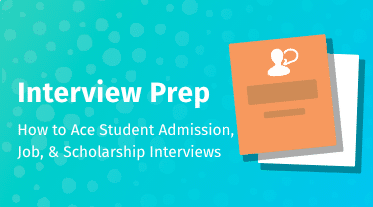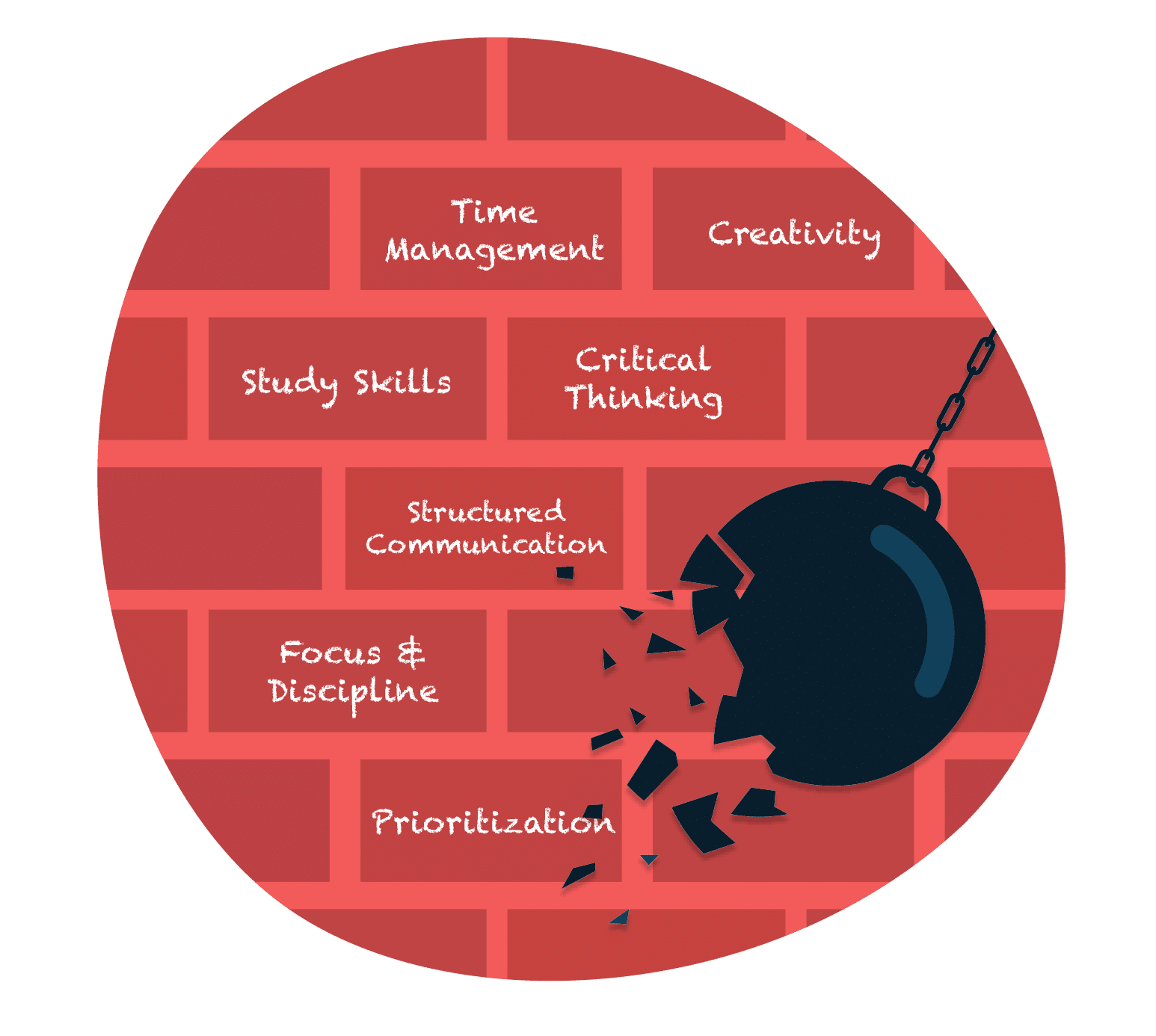There’s a lot of talk about grade inflation.
It’s changing the university admissions and career landscape, as we highlight in our interview with the Globe and Mail.
So, whether you’re a parent of a student or a high school/university student yourself, you probably want to know what’s really happening here, how it impacts you, and what you should do about it.
So, let’s dive in.
Conquer grade inflation with a youth coach.
get a youth coach™
Is grade inflation real?
The short answer: yes, it is.
There was a time when achieving the Honour Roll (>80% average) was special.
It meant you were one of the top-performing students in your class, and it was an achievement to be proud of.
Nowadays, it’s average. Literally.
Analysis by the Toronto Star indicates several Greater Toronto Area school boards have seen the graduating averages of Grade 12 students shift from the 70s to 80s.
“I’m gunning for the Top Scholars list,” a Youthfully student says, referring to the recognition earned when a student obtains a 100% average.

But not all grades are treated equally.
Waterloo Engineering’s admissions department secretly developed their Adjustment Factor, which normalizes grades from inflated institutions.
This means, your 100% average could plummet to <80%, depending on the school you attend.
Here are the top 13 schools with the largest negative adjustment factor:

Ironically, universities are also contributing to grade inflation.
Since the early 2010s, class averages have been rising at universities as well, especially over COVID.
University administrators are creating task forces to study the impact ballooning grades have on academic integrity, but it’s a tough trend to reverse.
Each fall, companies doing on-campus recruiting rely less and less on transcripts reflecting reality.
One new grad recruiter, who wishes to remain anonymous says, “We know grades are not a true indication of a student’s ability. All the time, we see high-80s students bomb a simple interview.”
What does this mean for students?
Universities and employers have recognized the issue of grade inflation and are taking action to address it.
Instead of relying solely on grades, they are moving towards a more holistic approach to evaluate the whole student.
For instance, McMaster Health Sciences has a supplementary application that includes questions designed to assess problem-solving, writing, reasoning, and creativity.
One of the questions in the 2022/23 application was simply, “Who?”.
Similarly, Queen’s University’s Commerce and Health Sciences program evaluates factors such as positionality, personal growth, and lived experience through deeply reflective essay questions.
One question, “Tell us about an accomplishment you are proud of. Why?”
Some universities, like Waterloo Engineering, York Schulich, Rotman Commerce, and McMaster Engineering are using live video interviews to assess students’ personal and problem-solving skills.
In these assessments, a question pops on the screen, and students have a limited amount of time to respond.
The questions can be as challenging as “How many gas stations are there in Canada?” (Waterloo Engineering) or “Describe a project that required you to be creative or innovative. What did you do, and describe the result?” (UBC Sauder).
View more examples in our Interview Prep Guide.
You Might Also Like

Skills Training
Interview Prep: How to Ace Student Admission, Job, and Scholarship Interviews
Even though you’ll do dozens of interviews during the course of your academic and professional career, you’ve probably had no… Read more
These assessments are designed to evaluate a candidate’s critical thinking, communication skills, and overall fit for the program.
Waterloo Architecture uses a “précis test” to evaluate writing skills, while some programs like Waterloo AFM’s use personality assessments.
This shift means that students need to focus on developing a well-rounded set of skills and experiences, not just getting high grades.
They must focus on their soft skills, work experience, and extracurricular activities, as these factors are becoming more critical in the evaluation process.
Youthfully does exactly this through our holistic 1:1 youth coaching programs.
Book a free intake call to apply and learn more.
How can students compete academically?
When it comes to academics, there are a few strategies to stay above the inflationary curve.
1. Choose wisely
Don’t just enroll in courses handed to you. Do your research, ensure the teacher’s style is compatible with your learning style, and choose courses that you’re truly interested in, rather than just picking the “easy” ones. Do the same with your school. If your school isn’t a good fit for you, find another one or take a couple courses at those schools.
2. Build relationships with your teachers and professors
Let them know your academic goals and aspirations, and seek their guidance and feedback on how to achieve them. Participate actively in class discussions and ask questions outside of class. This helps, trust us.
3. Seek feedback early
Be proactive in seeking feedback on your work and use it to improve future assignments. This not only shows that you’re committed to learning and improving, but it also helps you identify areas of improvement before submitting an assignment, rather than after.
Plus, your teachers and professors will appreciate your initiative and dedication.
4. Challenge grades, if necessary
If you feel that a grade is incorrect or unfair, don’t hesitate to speak up and appeal it.
There’s a right way and a wrong way to do this, and if it’s not done correctly, it could impact your relationship with your teacher, so be cautious. Work with a Youthfully coach to learn more.
5. Obtain a learning assessment
Consider getting a learning assessment to understand your unique learning style and develop an individualized education plan (IEP).
Research shows that 40% of people with learning difficulties are not diagnosed in childhood, so identifying any challenges early on can be crucial to academic success.
6. Get an academic coach
Coaching has been shown to improve grades by 10% on average compared to working with a tutor alone. It goes beyond simply addressing the symptoms of poor academic performance and addresses the underlying causes of procrastination, poor time management, and ineffective study habits.
With an academic coach, you’ll develop effective time management skills, learn how to study effectively, and combat procrastination and distractions. Say goodbye to cramming and hello to sustainable academic success!
Build learning skills with a youth coach.
GET STARTED
Grades aren’t the answer
As you navigate through this inflationary academic landscape, it’s important to remember that grades are not the only measure of success.
Skills, real-world experiences like passion projects, character traits, and self-awareness are becoming more important to universities and employers—as they better correlate to long-term success.
At Youthfully, we understand the challenges that students face, and we’re here to help.
Whether it’s improving grades, landing a job, or getting into university, our personalized 1:1 youth coaching services provide the support and guidance you need to succeed both academically and in life.
Contact us today to learn more about how we can help you thrive in this challenging academic environment.


